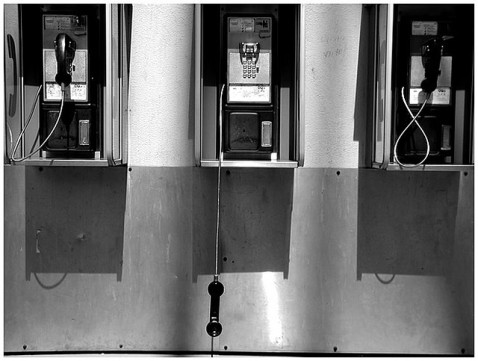many thanks?
/Last Thanksgiving, which was the first one since, M. and I sat at my brother’s table while my parents toasted how wonderful it was “to have the whole family here.” Our nephew and niece, 7 and 5 at the time, did not know about their cousins. Maybe that was why no one mentioned Zoey or Gus. Maybe it wasn’t.
It had been a bad day already, as M. had begun cramping—an almost sure sign that another attempt at trying again had failed. Our final attempt, in fact, before our fertility doctors would drop us off the cliff into who-knows how many rounds of bank-breaking IVF treatments: the scenario I had feared for two years.
It had been a bad day and a bad night. In the morning, M. and I were resolved that I would confront my parents about how missing the missing were from the alleged festivities.
First, though, we learned that M. was pregnant. She took a picture of the positive pregnancy test with her cell phone. She texted it to one of our close friends from the support group, and I went into the kitchen to have breakfast and ask my parents just how much their dead grandchildren are still with them.
In the year since, I have been given much to be grateful for. That much is certain. But I had much to be grateful for last year, too. And I don’t just mean the basics: health and family and the other big-ticket gifts. I mean about Zoey and Gus, as strange as that may seem.
So what follows is not intended as a list of what I am thankful for this Thanksgiving (although I am). Instead, it is, retroactively, a partial list of what I am thankful for last Thanksgiving:
I am thankful that there is something that marks me, that makes me different than most and bonded to a few.
I am thankful that as early as that first day in the hospital, I had enough perspective to know that this would probably end in tears, but would also be one of the most extraordinary experiences I will have had in this life.
I am thankful for talking.
I am thankful for writing. Especially the book.
I am thankful that pain recedes faster than memory.
I am thankful to have realized that even if what we had been given what we regret not having (good pictures, more time), we would have always wanted more, and so those regrets don’t matter very much.
I am thankful for the alive-feeling of sadness, but not for depression. For the bright line that separates the two, and for realizing that I need to police my feelings only when they are one side of that line, and not on the other.
I am thankful for who showed up.
I am thankful for the professionals who help us and for where their help has taken me.
I am thankful to know more about the limits of what I can endure.
I am thankful that we had the funeral, that I planned it, and that I remember it.
I am thankful for the people who are in our lives now, even if they are here only because the two who are not.
I am thankful that the spot where they are buried feels so special—like the top of a hill and the very heart of the cemetery, even though really, it is neither.
I am thankful for those songs that have been stamped by the time of, and after, our loss, and that the sorrow they stir up is that exquisite kind.
I am thankful for M.
I am thankful for Arthur, the dog.
I am thankful that there is such a thing as healing—in general—regardless of how much of it I personally have or have not done.
I am thankful to have learned that a relationship with God is not supposed to be easy.
I am thankful that while we do not control what happens to us, we get to be the authors of the stories we tell ourselves.
I am thankful that they were here.
I am thankful for thankfulness.
What are you thankful for? Are there aspects of your loss that can also be seen as blessings? How do you and/or your loved ones treat your loss over the holidays?




